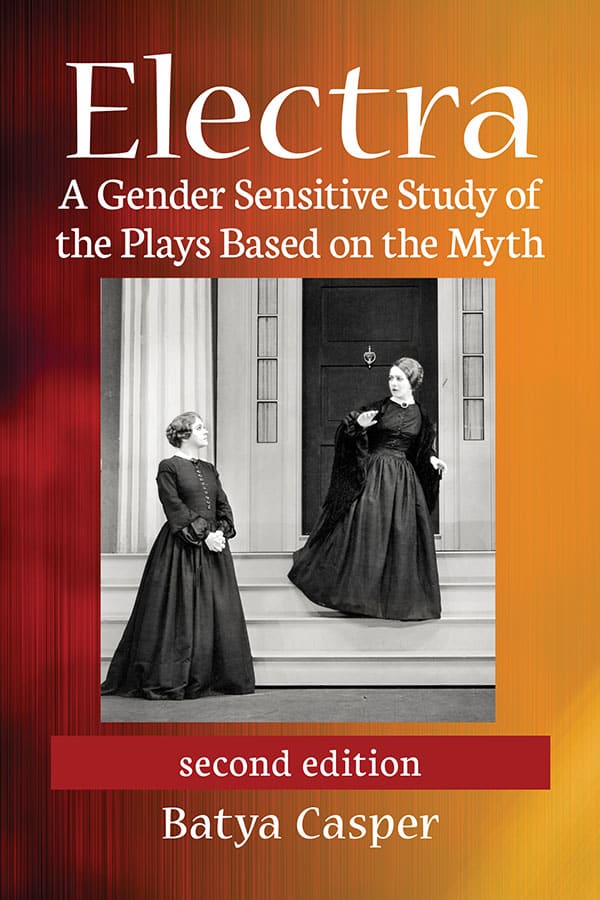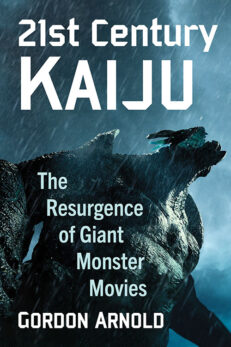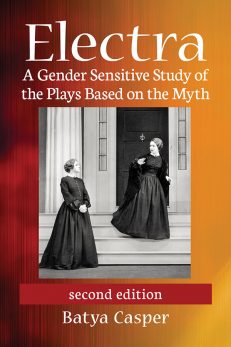Electra
A Gender Sensitive Study of the Plays Based on the Myth, 2d ed.
$55.00
In stock
About the Book
Shakespeare’s Hamlet—written 1,000 years after the classical Greek period—follows a narrative pattern similar to that of the Greek Electra myth, and it isn’t the only story to do so. We see signs of Electra’s influence again in the 20th-century works of Oscar Wilde, Eugene O’Neill and T.S. Eliot, among others.
This revised and updated edition will look more closely at the influence of Electra on popular culture throughout history and the questions it poses regarding oppositions such as logic versus instinct, night versus day and repression versus freedom.
About the Author(s)
Bibliographic Details
Batya Casper
Format: softcover (6 x 9)
Pages: 229
Bibliographic Info: 4 photos, notes, bibliography, index
Copyright Date: 2019
pISBN: 978-1-4766-7674-6
eISBN: 978-1-4766-3528-6
Imprint: McFarland
Table of Contents
Preface 1
Introduction 3
I Prehistory 13
Aeschylus: The Libation Bearers (458 bce) 36
II Sophocles: Electra (409 bce) 61
III Euripides: Electra (ca. 400 bce) 70
Euripides: Orestes (408 bce) 76
IV Shakespeare: Hamlet (1601) 86
V Electra: Play of Ambivalence 103
Oscar Wilde: Salome (1905) 110
Hugo von Hofmannsthal: Electra (1903) 114
Richard Strauss: Elektra (1909) 127
Eugene O’Neill: Mourning Becomes Electra (1931) 131
Jean Giraudoux: Electra (1937) 135
Robinson Jeffers: The Tower Beyond Tragedy (1937) 142
VI Jean Paul Sartre: Les Mouches (1942) 152
Ezra Pound: Electra (1951) 162
Jack Richardson: The Prodigal (1960) 167
Adrienne Kennedy: Electra and Orestes (1980) 172
Heiner Muller: Hamlet-Machine (1984) 178
VII T. S. Eliot: The Family Reunion (1939) 184
Sam Shepard: Curse of the Starving Class (1978) 193
Conclusion 203
Chapter Notes 207
Annotated Bibliography 212
Index 219





